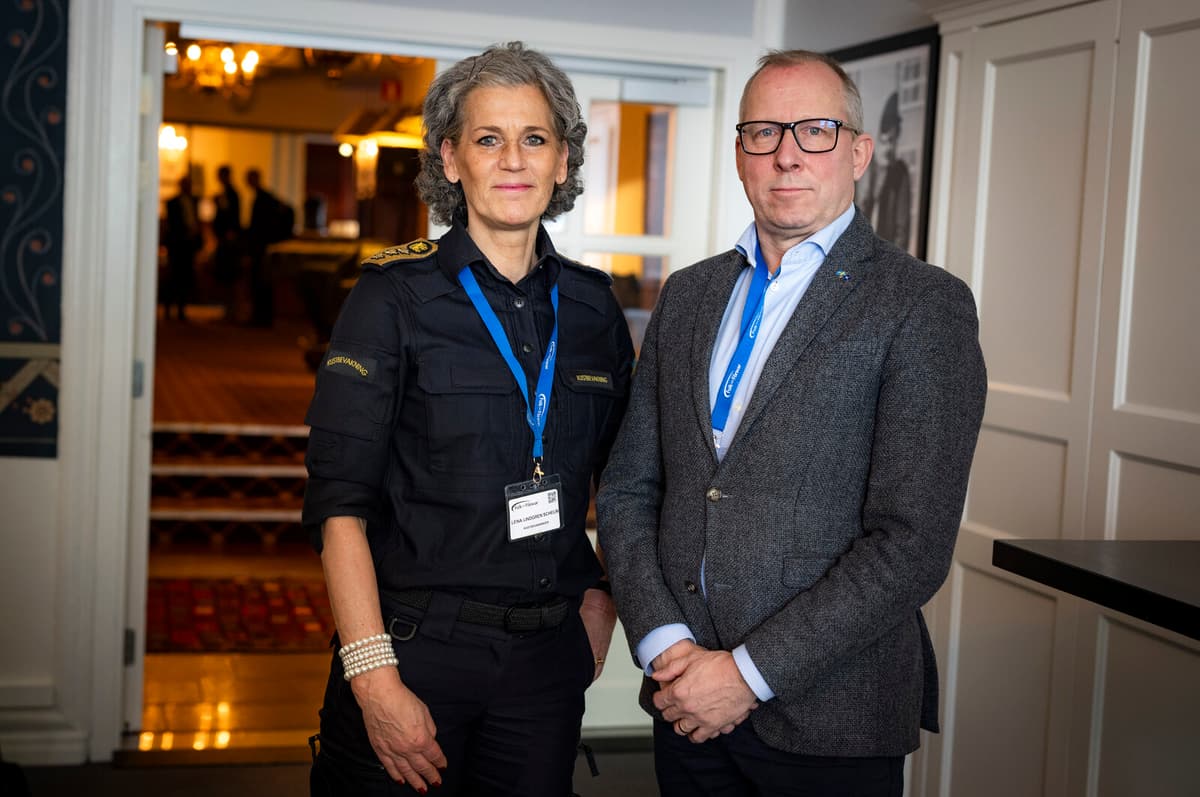The risk of sabotage against underwater cables and other critical infrastructure has increased the pressure on maritime surveillance.
The government has now tasked the Coast Guard and the Defense Forces to further sharpen maritime surveillance together. An important part of the surveillance is to follow the movements of around 4,500 vessels daily on the Baltic Sea on screens.
It's a lot of traffic, and we can't follow 4,500 every day and sit and watch how they move across the seas, says the Coast Guard's General Director Lena Lindgren Schelin.
Detecting Deviations
The goal is to detect suspected deviations from the norm, which require action. Priority is given to deviations near critical infrastructure, such as a vessel suddenly slowing down or moving back and forth across shipping lanes.
The cooperation with other Baltic Sea countries in NATO is also developing. The Naval Chief Johan Norlén points out that the British-led rapid response force JEF (Joint Expeditionary Force) helps with AI tools that can quickly detect deviations.
The maritime situation picture is created with fixed sensors, such as radar, with surveillance aircraft and with own vessels. Such information is exchanged between allied countries. But Lindgren Schelin also sees a need to get information from other actors, such as the civilian shipping industry.
We need to eventually connect an even larger system to get the best picture of the maritime situation, she says.
Seven Vessels in Operation
Sharpening maritime surveillance also involves the Coast Guard and the navy planning more together on how their resources are used over the Baltic Sea and the North Sea.
So we minimize overlap and maximize coverage, says Norlén.
The Coast Guard has around 30 vessels, as well as aircraft, for maritime surveillance. The navy uses its seven corvettes, but also mine countermeasures vessels and certain other vessel types. They may be needed on site to control suspected vessels and to follow, for example, vessels in the Russian shadow fleet over long distances.
If boarding becomes necessary, it is carried out by the Coast Guard or the police.






